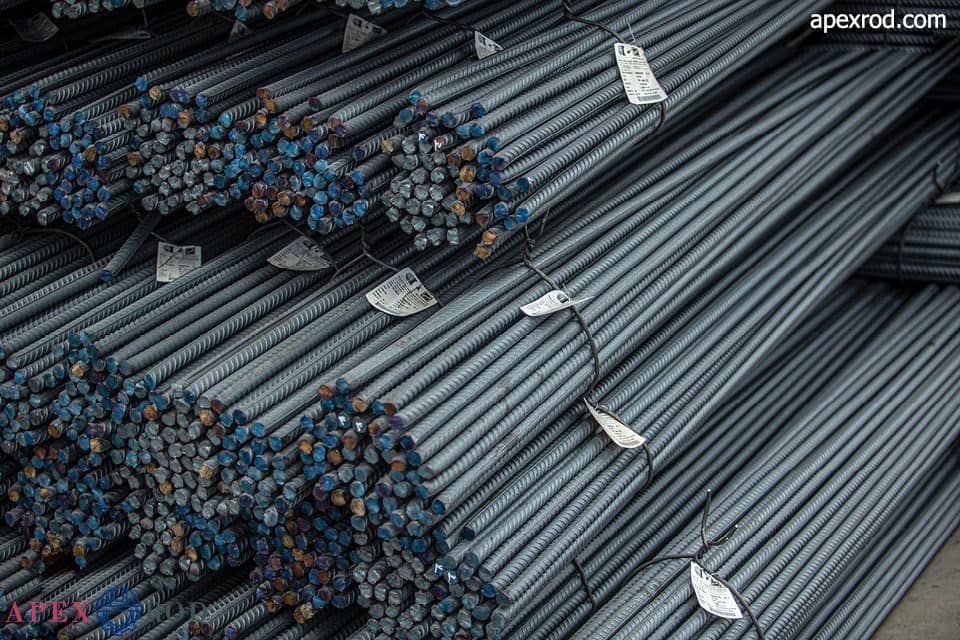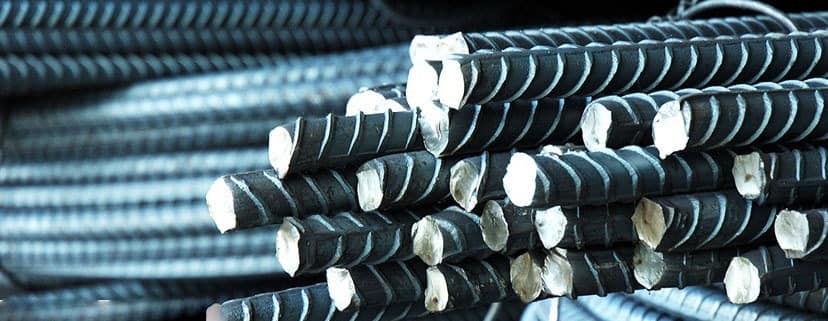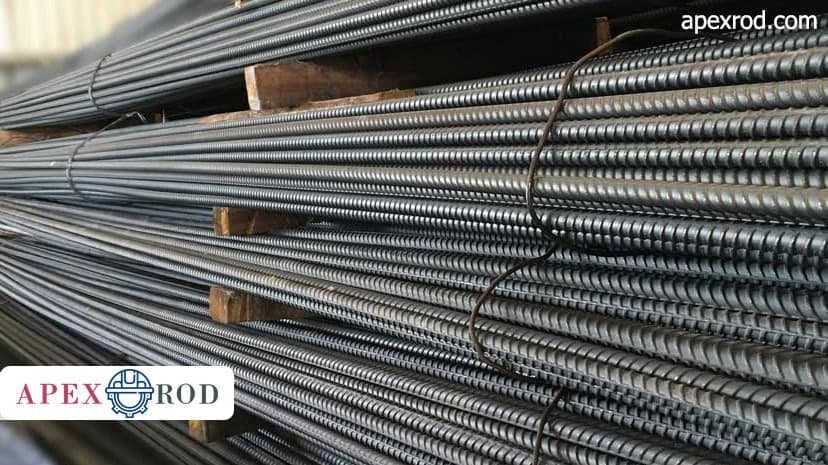deformed bar steel
Reinforced steel bar refers to steel with protruding ribs and straight strips on the surface, which helps to strengthen the adhesion between concrete and steel bars and creates a pull between steel bars and cement. It is appropriate for high-strength reinforced concrete projects such as houses.
Deformed Bar Specification
Bar with deformation steel plays an important role in modern construction, providing the required strength and durability to assemble the integrity of concrete structures. Here are several deformed steel bar types:
- Types of Deformed steel bar:
– Mild Steel Rebar: Typically Used for General Construction.
– HIGH HIGHGTH DEFORMED (HSD) STEEL: Provides greater strength and is frequently used in high-stress construction.
- Grades of Deformed Steel Bar: – Different grades are designed to reduce the steel’s yield strength. Grade 40, Grade 60, and so on. The figure represents the minimum yield strength in tens of thousands of pounds per square inch.
- Dimensions and Sizes: – distorted steel bars are available in a variety of sizes, often ranging from 6 to 50 millimeters in diameter. The most often utilized sizes in construction are 12 to 32 millimeters.
- Standards and Specifications: – Depending on the region, different standards govern the production and use of deformed reinforcing bars. In the United States, for example, ASTM A615/A615M is a Standard specification for deformed and Plain Carbon-Steel Bars for Concrete Reinforcement.
- Cutting and bending: A deformed steel bar can be cut and bent into various shapes depending on the building project’s responsibilities. This adaptability enables customized use in a variety of structural elements.
- Corrosion Resistance: – Although a deformed steel bar has good mechanical properties, it is susceptible to corrosion over time. To combat this, building practices such as concrete cover and corrosion-resistant coatings on steel are used.
- Welding: – distorted bar When appropriate, steel can be welded to other steel members. To maintain the integrity of the reinforced structure, weld procedures, and practices must adhere to industry standards.
- Quality Control: – Ensuring that the deformed steel bar meets the specified standards requires strict quality control during the manufacturing process. Mechanical properties, dimensions, and adherence to the desired rib pattern are all tested.
- Shear Reinforcement: A deformed steel bar is ALSO used to improve the shear capacity of concrete elements, particularly beams and columns, in addition to providing tensile strength.
Choosing The Right Reinforcing Bar For Your Concrete Needs
Steel for reinforced concrete and pre-tensioned reinforced concrete with a circular cross-section and sometimes square corners is referred to as the bars (also known as deformed steel). Flat round rods, rebars, and torsion rods are examples.
Direct steel or coils used to strengthen reinforced concrete is what rebar for reinforced concrete is called. It comes in two varieties: smooth round steel rod and deformed steel rod, as well as direct delivery and coil delivery.
The smooth round steel rod comprises tiny round steel and regular low-carbon steel coils. Delayed ribs are surface ribs that are normally uniformly distributed with two longitudinal ribs and two transverse ribs. The fish and the crescent. It is measured in millimeters of nominal diameter.
The name given to the deformed bars is based on the nominal diameter of smooth round rods with equal cross-section. It measures 16, 20-, 25-, 32-, and 40-mm. Steel grades include 20mnsi, 20mnV, 25mnsi, and BS20MNSI.
Concrete primarily stresses reinforcing bars. Steel bars are bent as a result of gear function. They can be more attached to concrete, making them more resistant to external stresses. Steel maps are commonly utilized in several types of construction constructions.

Apexrod’s Varied Range of Rebar Products
Rebar is classed into several varieties depending on its chemical composition, manufacturing method, rolling shape, supplying shape, diameter size, and usage in structures:
- Steel yield (3 to 5 mm diameter), thin steel rod (6 to 10 mm diameter), thick steel rod (greater than 22 mm diameter).
- Mechanical qualities of Class I rebar (420/300), Class II rebar (455/455), Class III rebar (540/400), and IV rebar (630/500).
- Hot rolling steel bars, cold rolling and cold stretching steel bars, and steel bars constructed of IV steel bars have stronger strength than the first.
What Is The Difference Between Rebar And Deformed Bar?
A deformed steel bar is a common construction material used to provide strength and durability to concrete structures. It is usually made of carbon steel and has a ribbed surface to help it bond with concrete. The surface distortion of the bar allows for improved adhesion between the steel and the concrete, preventing slippage.
The primary function of a deformed steel bar is to strengthen concrete and provide tensile strength, as concrete is weak in tension but strong in compression. Engineers can create reinforced concrete by incorporating deformed steel bars into concrete structures, which is capable of withstanding both compression and tension forces, making it suitable for a wide range of constructions.
Deformed steel bar comes in various grades, and can vary depending on the region and the design standards used. The steel grade, minimum yield strength, and rib pattern are all included in the designs for deformed steel bars. Spiral, herringbone, and crescent-shopped deformations are examples of common rib patterns.
These Bars are commonly used in the construction of buildings, bridges, highways, dams, and other structures where the tensile strength of concrete must be increased. The usage of deformed steel bars contributes to the overall safety and durability of the construction project by preventing cracking and failure in concrete structures.
The Apexrod Advantage in Construction Supplies
Apexrod is a trading company in deformed steel bars and concrete reinforcement. We have established ourselves as a valued partner in the construction business via our unwavering dedication to quality, safety, and excellence. Our firm specializes in the manufacture, distribution, and supply of high-quality deformed steel bars, serving the different demands of construction projects ranging from residential structures to large-scale infrastructure constructions.



Leave a Reply
Want to join the discussion?Feel free to contribute!